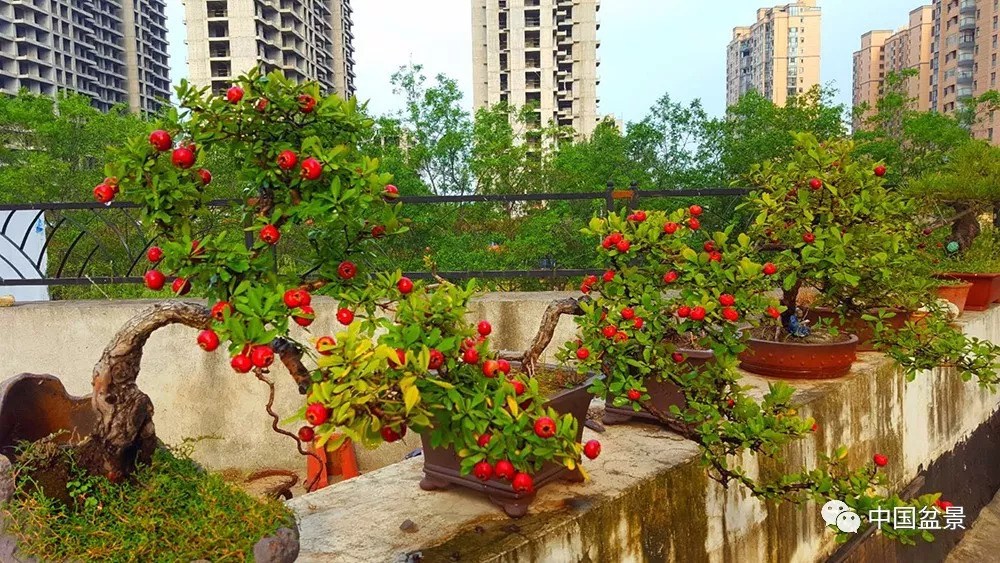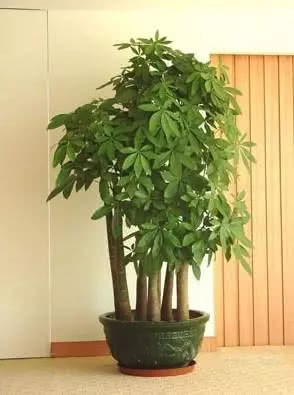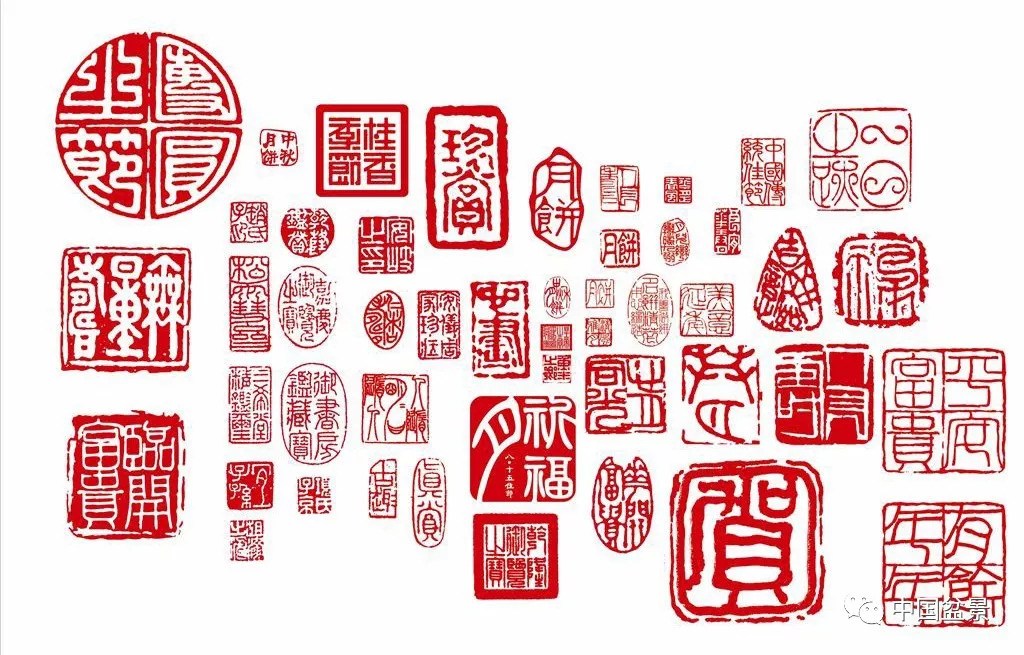Appreciation and plastic maintenance of red bonsai in the mountains

[feelings of bonsai people]
Text | Xiamen, Fujian @ Zhou Yingzhi
Many things are not right or wrong, so there is no need to take everything seriously and compete with each other in case of trouble. Be more open-minded and be careless when it's time to be careless. Don't try to settle grievances that are difficult to solve on the spur of the moment; don't worry about gambling for a moment; don't be in the mood to win or lose for a while. In fact, "obedience" is not so difficult, in fact, "do not fight" is a sober, in fact, "fate" is a positive state of mind.
There are no ifs in life, but there are many buts. As long as one does not lose his way, he will not lose himself. If you have the ability, you don't have to be discouraged, and if you have value, you don't have to show off. The quality of life depends on your daily state of mind, and you can always be in a good state of mind by changing your attitude.
Selection of rare bonsai in Zhumadian, Henan Province
-- appreciation of red bonsai in the mountains
Original photography | Henan @ wandering around the world
Shanlihong, also known as red fruit, is the mature fruit of Hawthorn of Rosaceae. Mountain red is a small deciduous tree of Rosaceae, 6-8 meters high, is a fruit tree, but also an ornamental plant. Leaves alternate, broadly ovate or triangular-ovate, margin pinnately 5-9-lobed, serrate, pubescent on veins. Umbels have 10-12 florets, white or reddish, flowering in May. From August to October, the pear fruit is nearly spherical, about 2 cm in diameter, dark red skin and light brown spots.
Shanlihong is a famous fruit tree in China, which has been cultivated for more than 3000 years. Because of its strong adaptability, few diseases and insect pests and no need for fine management, it is cultivated all over the country, and there are more in the north than in the south.
Red in the mountains is cold-resistant and has strong vitality. it begins to bear fruit 4-5 years after planting, bearing numerous spherical, pear-shaped small fruits with thick flesh and red skin, so that red fruits are hung in green clusters all over the mountains, which is very gorgeous, and it has the nickname of "red fruit". Also known as wild Hawthorn.
Mountain red produces Heilongjiang, Jilin, Liaoning, Inner Mongolia, Hebei, Henan, Shandong, Shanxi, Shaanxi, Jiangsu. Born on hillsides or in bushes. 100-1500 meters above sea level. The type specimens were collected from the suburbs of Beijing. It is also distributed in North Korea and Siberia of the Soviet Union.
[exchange of experience]
Shaping and maintenance of Red Bonsai in the Mountain
Original author | Yu Han
(the original text is published in bonsai stone appreciation edition No. 2, 2013, reproduced please indicate)
The red roots in the mountains are beautiful, the dry body is ancient, the new leaves are green in spring, the white flowers are dotted in summer, the red fruit is full of trees in autumn, and the cold branches are rugged in winter, which can be seen all the year round. Take its wild pile wood, because of the type of trees, according to their aptitude, can create a variety of unique ornamental trees, deeply loved by the majority of bonsai lovers.
Transplant
Mountain red, also known as small fruit wild Hawthorn, Rosaceae Hawthorn, small deciduous trees, mostly distributed between the Yangtze and Huaihe River, is commonly found in the limestone mountainous areas of the field and hilly areas. the best transplanting time is before spring germination, and the survival rate of mining is low after germination. Because of its developed root system, there is no need to carry too many soil balls when transplanting, and bare roots can also be used. The old dry bud eye of the red in the mountain is not obvious, so it should be carefully observed when sawing the billet to see clearly the distribution of the bud point and the branch direction of the bud eye, and must not be sawed at will, resulting in bud deviation or no bud, which will affect the branch distribution and shape of the whole tree in the future. After the new pile saw is cut and fixed, the root saw should be carefully cleaned, the saw should be cut flat with a sharp knife, and the disabled root should be cleaned up. The initial planting soil should be loose and transparent, and coarse particles such as volcanic mud should not be used to cultivate the soil.
Shaping
The natural big tree is the best shape of the red tree in the mountain. Because of its compact wood and slow growth rate, the new piles harvested are better planted on the ground. If it is planted without conditions, the capacity of the planting basin can be appropriately enlarged so that its new branches can fully grow at the initial stage of new pile planting.
Starting from the spring of the following year, the selected modeling branches can be carried out with metal wire or hemp wire, draw up a reasonable spatial distribution of branches and branches, pay attention to the retention of certain modeling spare branches, and all other modeling branches can be cut off. to ensure that the remaining branches can grow fully. After the branches grow out of reasonable multi-stage branches, the whole plant shape based on shearing can be carried out, the spatial distribution of twigs can be adjusted at any time, and the spatial distribution of twigs should not be pruned repeatedly, lest the branches are too weak and unevenly distributed, making themselves self-defeating.
After forming, the support space of the branches should be sparse, but if it is too dense, the inner branches will receive uneven light. In the long run, the phenomenon of branch shrinkage will occur, which destroys the reasonable distribution of branches and has a serious impact on the shape of the whole plant.
Maintenance
Red in the mountains like the sun, not very shady, the place should be sunny and ventilated. If placed in the shade for a long time, the growth is poor, the branches are weakened, and it is not conducive to blossom and bear fruit. It likes acid and fertilizer, and grows poorly in alkaline barren basin soil. In peacetime maintenance, it should be noted that the basin soil should be slightly acidic and loose. It can also be used to supplement acid trace elements such as ferrous sulfate diluent in combination with fertilization during the growing period. Red roots in the mountains are well developed, and small and medium-sized bonsai must be changed once a year.
During the growing period, attention should be paid to the timely supply of fertilizer, diluted with rotten cake fertilizer and water, or purchased grain fertilizer, but proper attention should be paid to the supplement of phosphorus and potassium fertilizer to promote its flowering and fruiting. As fruit trees generally have "big and small years", after hanging fruit, according to the fruit distribution of the whole plant, appropriate thinning of part of the fruit, leaving about half of the fruit reasonably distributed in the whole plant, in order to still have a more satisfactory amount of fruit in the coming year. Can also be in the summer after defoliation, combined with vigorous branch pruning, appropriate removal of some fruits.
The main pests of mountain red are aphids and stem borer, which can be sprayed with enemy killing or dichlorvos 800-1000 times liquid. Usually should observe more basin soil surface, if there is insect shit accumulation somewhere, that is, a trunk borer, can be used 50 times insecticidal solution dipped in cotton ball into the wormhole, and then seal the hole with mud. In winter, bonsai planted in small or shallow pots should be collected indoors in time.
(thank you @ for the above pictures provided by Wanderers)
Wonderful playback:
Welcome to Chinese bonsai!
Bonsai exhibition hall that can be enjoyed at any time
Carry forward bonsai culture and exchange bonsai skills!
Enjoy bonsai art and share a happy life!
- Prev

These five kinds of flowers should not be misplaced. Don't ignore the rich people.
These five kinds of flowers, can not be misplaced, put the right "prosperous wealth" to support people, do not ignore! 1. The display of the wealth tree is meant to attract money, so it must be placed in the right place, not at the bathroom or at home.
- Next

Small seal and great learning
Seal, as an art category with national historical and cultural characteristics, is like a wonderful flower, which continuously exudes a unique fragrance in the broad and profound Chinese art garden, attracting people to enter this inch world. The art of seals.
Related
- Wuhan Hospital Iron Tree Blooming Result Was Instantly Frightened by the Gardener Master
- Which variety of camellia is the most fragrant and best? Which one do you like best?
- What is the small blue coat, the breeding methods and matters needing attention of the succulent plant
- Dormancy time and maintenance management of succulent plants during dormancy
- Minas succulent how to raise, Minas succulent plant pictures
- What are the varieties of winter succulent plants
- How to raise succulent plants in twelve rolls? let's take a look at some experience of breeding twelve rolls.
- Attention should be paid to water control for succulent plants during dormant period (winter and summer)
- Watering experience of twelve rolls of succulent plants
- Techniques for fertilizing succulent plants. An article will let you know how to fertilize succulent plants.

